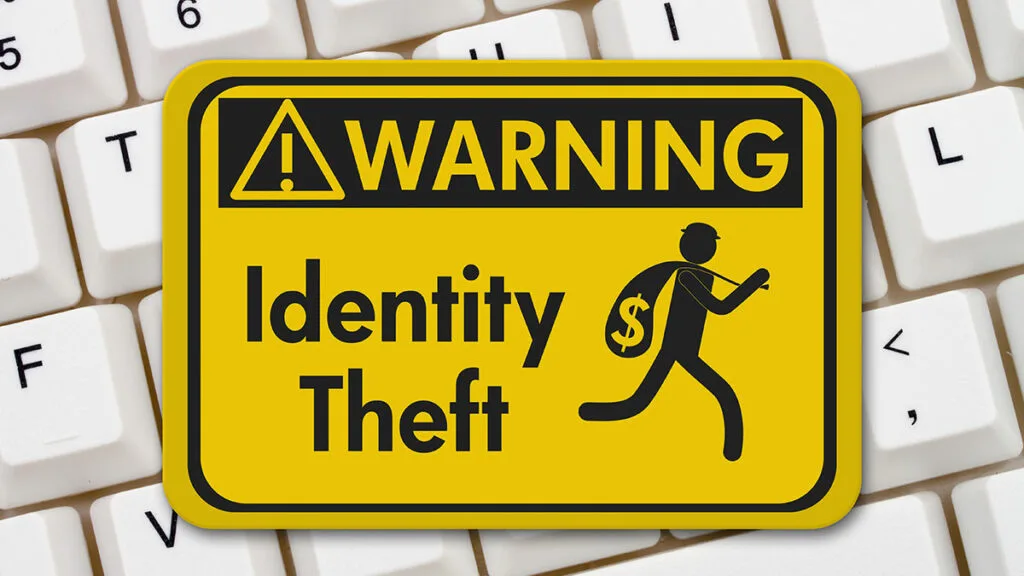Tax Approaches for Crypto and Digital Asset

As the digital space grows, so does the taxation landscape, particularly regarding cryptocurrencies and other digital assets. Recently, the wave favoring digital currencies and assets such as non-fungible tokens (NFTs) and stablecoins has captivated investors and attracted the attention of tax authorities globally. The Internal Revenue Service (IRS) has taken significant steps to define and execute the tax obligations associated with these digital transactions.
Understanding Your Tax Responsibilities
For the 2024 tax year, anyone engaged in transactions involving cryptocurrencies or digital assets must know their tax reporting obligations. Whether you’ve sold crypto, used it to pay for goods or services, or obtained it through mining, each activity carries its tax implications.
The IRS has updated the tax forms to include specific queries about digital asset transactions right at the top of the necessary forms, such as Forms 1040, 1040-SR, and 1040-NR, to name a few. This year, the scope has broadened to include other forms relevant to estates, trusts, and various corporations. These updates signify the increasing importance of clarity in digital asset activities.
What Qualifies as a Digital Asset?
Before delving into the specifics of tax reporting, it’s crucial to understand what falls under digital assets. The IRS defines digital assets as any digital rendition of value recorded on a distributed ledger or similar technology. This includes,
- Convertible virtual currencies and cryptocurrencies like Bitcoin and Ethereum.
- Stablecoins, which are pegged to other assets like the U.S. dollar.
- Non-fungible tokens (NFTs) represent the rights of a unique item or content on a blockchain.
Reporting Your Digital Asset Income
If you’ve engaged in any trades involving these assets, whether as a form of payment received or assets sold or traded, it’s mandatory to report these accurately. Forgetting to do so can lead to fines and interest charges. The required forms for reporting include,
- Form 8949 for sales and dispositions of capital assets.
- Schedule D of Form 1040 for capital gains and losses.
- Schedule C for income received from business dealings as an independent contractor in digital assets.
When to Answer “Yes” on the Tax Form
You should check “Yes” on your tax form if you,
- Received digital assets as settlement for services or property.
- Acquired digital assets through mining, staking, or a hard fork.
- Sold or exchanged digital assets.
When You Can Safely Check “No”
If your actions were limited to buying digital assets with U.S. or other actual currency, holding them in a wallet, or moving them between wallets you control, you would likely qualify to check “No.”
The Importance of Compliance and Documentation
Given the intricacies of digital asset dealings and the growing nature of tax regulations, keeping thorough records of all transactions is essential. This facilitates accurate reporting and assures that you can substantiate your tax returns if audited by the IRS.
Conclusion
As we progress, the integration of digital investments into the monetary landscape is set to grow. Staying informed about the tax implications and ensuring compliance will be crucial to navigating this complex domain successfully. For more precise information and assistance, consulting with tax professionals and referring to the IRS’s official guidance on digital assets is preferred.
This evolving tax landscape underscores the need for vigilance and accountability in managing and reporting digital asset transactions. As digital currencies continue to incorporate themselves into global finance, staying ahead with compliance is not just necessary; it’s compulsory for all concerned.



